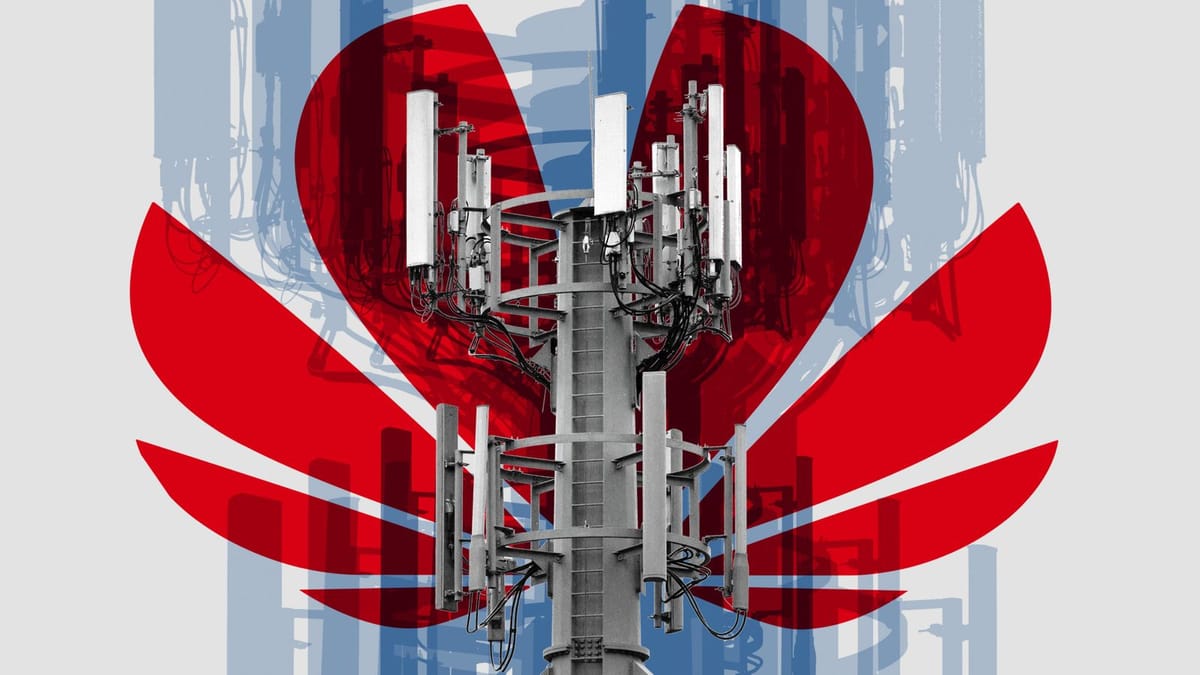Universal Service Contribution Hike, Chinese Threat Classifications, Wireless Access Licenses, Educational Applications
March 15, 2021—The Federal Communications Commission on Friday announced that it would raise the contribution to the universal service fund to 33.4 percent, representing another record amount. This would increase the current fee charged to the telecom companies’ voice services from 31.8 percent, whi
Benjamin Kahn

March 15, 2021—The Federal Communications Commission on Friday announced that it would raise the contribution to the universal service fund to 33.4 percent, representing another record amount.
This would increase the current fee charged to the telecom companies’ voice services from 31.8 percent, which was the previous record high.
The fund, which is administered by non-profit Universal Service Administration Company, is used to extend telecom services to rural areas, libraries and schools, and lower-income Americans.
The proposal is expected to be accepted on March 26, and will be the “contribution factor” for the months of April, May and June.
How to sustain the fund is a hotly debated topic, with almost universal acknowledgement that it needs to seek other funding sources. Some have argued the path forward would be to extend the base to include broadband revenues – as opposed to just voice services – and others have suggested that the money come from general taxation.
FCC classifies Chinese businesses as threats to national security
Several Chinese companies have been labeled as “[threats] to national security” by the FCC, as the Biden administration affirms tightening business restrictions on Chinese state-owned entities doing business abroad.
On Friday, the FCC announced that it had designated Huawei Technologies Co., ZTE Corporation, Hangzhou Hikvision Digital Technology, Dahua Technology Co., and Hytera Communications Corp. as national security threats. All of these entities have allegedly been linked in some way to the Chinese Communist party, which the U.S. and some of its allies say are engaged in surveillance activity.
This list of companies was created in accordance with the Secure Networks Act, and the FCC indicated that it would continue to add companies to the list if they are deemed to “pose an unacceptable risk to national security or the security and safety of U.S. persons.”
In a press release, FCC Acting Chairwoman Jessica Rosenworcel supported the move.
“This list is a big step toward restoring trust in our communications networks,” she said. Rosenworcel said the list was designed to provide guidance that would ensure that the security of next-generation infrastructure and networks are not riddled with the same inadequacies that exist in current-gen tech.
This classification by the FCC should not come as a surprise. For the past few years, the Trump administration had sought to limit the ability of American corporations form doing business with Huawei.
Last year the U.S. government took steps to ensure that federal agencies could not purchase goods or services from the aforementioned companies, and had previously added them to an economic blacklist.
FCC announces first proprietary access licenses for CBRS
The FCC on Friday announced it has granted 222 applications – out of 255 – to use the Citizens Broadband Radio Service.
The regulator said more than 70 percent of these applications came from a very small business, small business, or rural service provider.
CBRS is a band that spans the 3550 MegaHertz (MHz) to 3700 MHz frequencies. Experts have stated that exploiting this band is a crucial step in enhancing connectivity during the pandemic.
In a statement to the press, Acting FCC Chairwoman Rosenworcel said, “With today’s grants we continue to make progress in implementing the 3.5 GHz band concept and further demonstrate US leadership in spectrum innovation.”
Entities known as Spectrum Access System Administrators will be responsible for ensuring that the CBRS is shared efficiently in a three-tiered system: incumbent access, priority access, and general access. Google and Sony are two such entities.
In the wake of the CBRS auction, the FCC is reportedly considering an auction of the 3450 MHz to 3550 MHz band in October.
SETDA is calling entrepreneurs to apply
The State Educational Technology Directors Association has announced their Emerging Partners Program, which seeks to aid entrepreneurs in their efforts to supply Pre K-12 students with technological solutions to educational problems through fostering public-private relationships.
The program is broken up into two years (though applicants can opt to skip the first year) and offers entrepreneurs greater access and visibility, in addition to exclusive networking events, webinars, leadership summits, and workshops.
Entrepreneurs will also have the opportunity to showcase their products and services during these events, and finalists will be able to receive professional development from SETDA’s Channel Partners. The application for the first year costs $5,000.









Member discussion